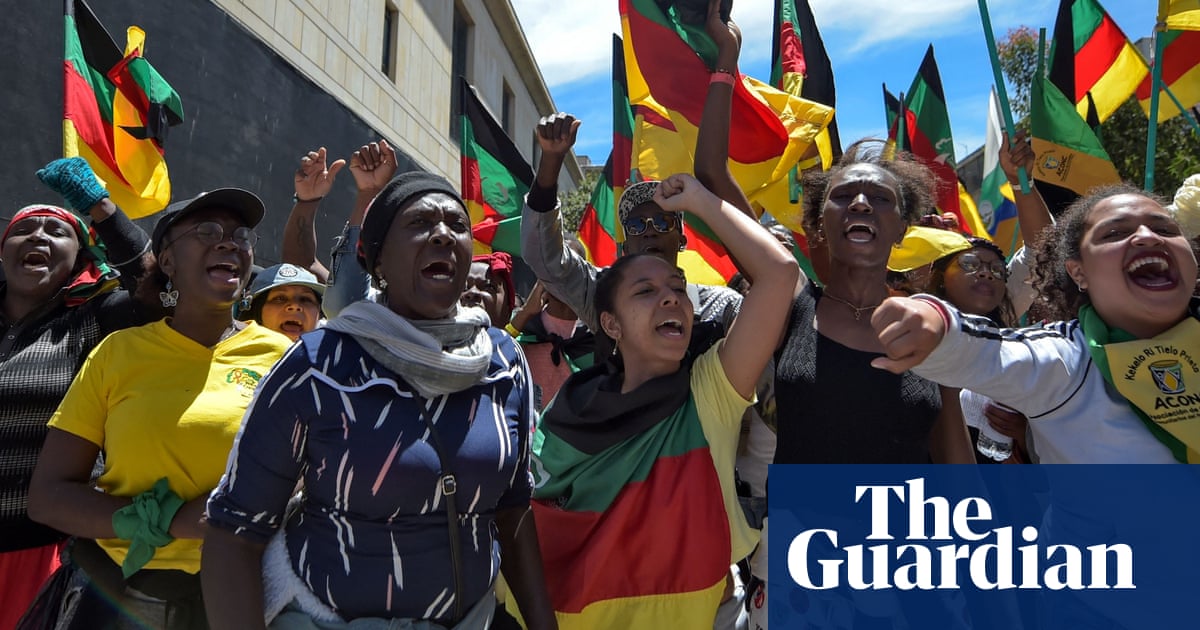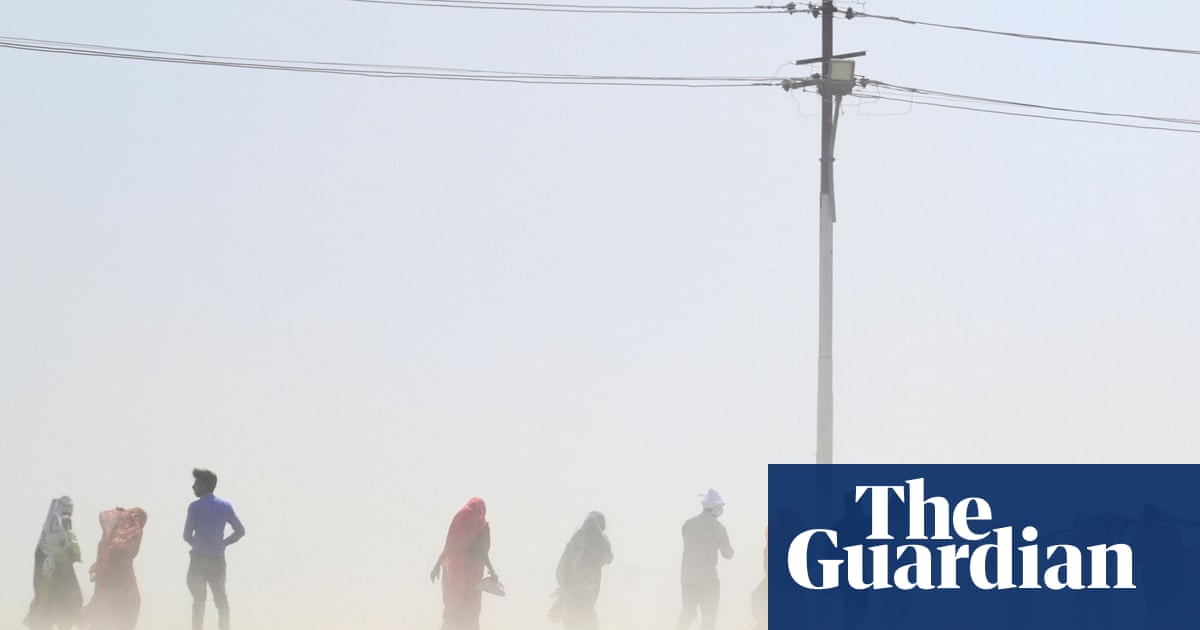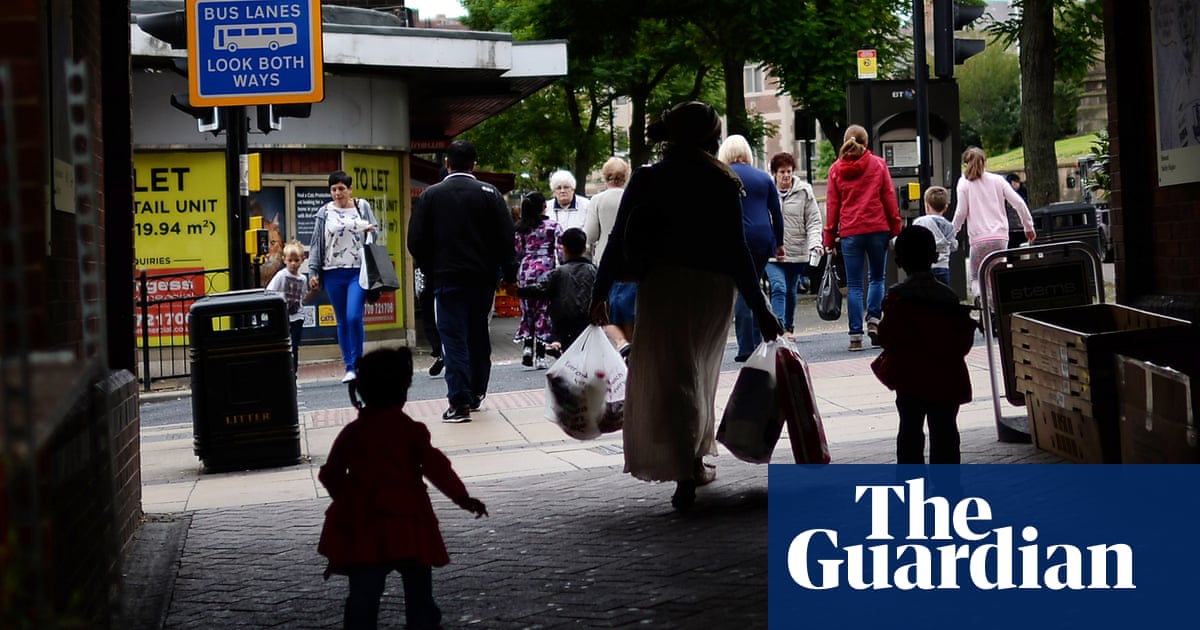
Violence against healthcare workers has become a “global crisis”, with 161 medics killed and 188 incidents of hospitals being destroyed or damaged last year, according to a new report.
Data collected from 49 conflict zones by the Safeguarding Health in Conflict Coalition (SHCC), also found that 320 health workers were wounded in attacks, 170 were kidnapped and 713 people were arrested in the course of their work.
The US-based group said on Tuesday that, although the total number of attacks was similar to those recorded in recent years, there had been an increase in violence in areas of new or renewed conflict in 2021, “underlining the fact that attacks on healthcare are a common feature in many of today’s conflicts”.
Leonard Rubenstein, chair of the coalition and a professor at Johns Hopkins University’s school of public health, said: “The world’s attention has understandably focused on Russia’s invasion and its apparent strategy of targeting hospitals and ambulances, with more than 200 attacks on healthcare in Ukraine confirmed by the World Health Organization through [to] the end of April. Such violence against nurses, doctors and other health workers, however, takes place throughout the world and amounts to a global crisis.”
In Afghanistan, the coalition recorded an increase in reported violence last year compared with 2020, after the takeover of the Taliban. The attacks included the death of a prominent surgeon who was killed while travelling in the country’s Baghlan province in February 2021.
In Ethiopia’s Tigray region, where the federal government is fighting the Tigray People’s Liberation Front, 79% of health facilities have been destroyed since the conflict began in November 2020 and only 3% remain fully functional.
The SHCC found that 30 health facilities were damaged in Gaza last year, and in Myanmar, the public health system has all but collapsed since the coup in February 2021, with more than 300 health workers arrested.
The group said the figures, drawn from governments, media reports, international organisations and aid agencies, were likely to be a significant underestimate, due to underreporting from many countries around the world – in particular those that have experienced internet shutdowns.
Christina Wille, director at Insecurity Insight, which led the data collection and analysis, said: “Violence against healthcare resulted in widespread impacts on public health programmes, vaccination campaigns and population health, contributing to avoidable deaths and long-term consequences for individuals, communities, countries and global health writ large.”
The report calls for the UN security council to refer credible reports of attacks on healthcare, which are considered war crimes, to the international criminal court, for governments to use their powers to prosecute these crimes, and for military leaders to review and reform practices and provide training to prevent attacks.












